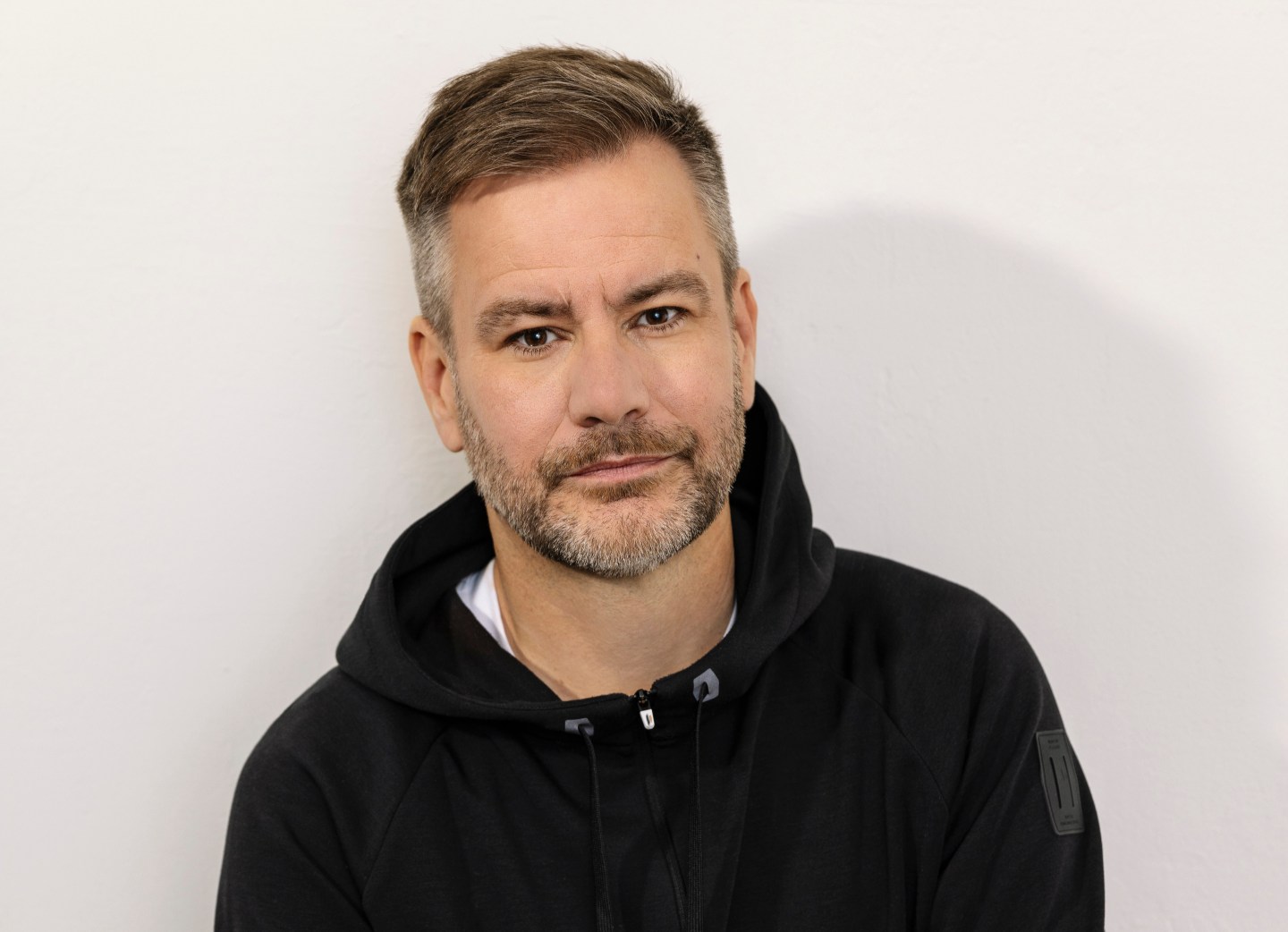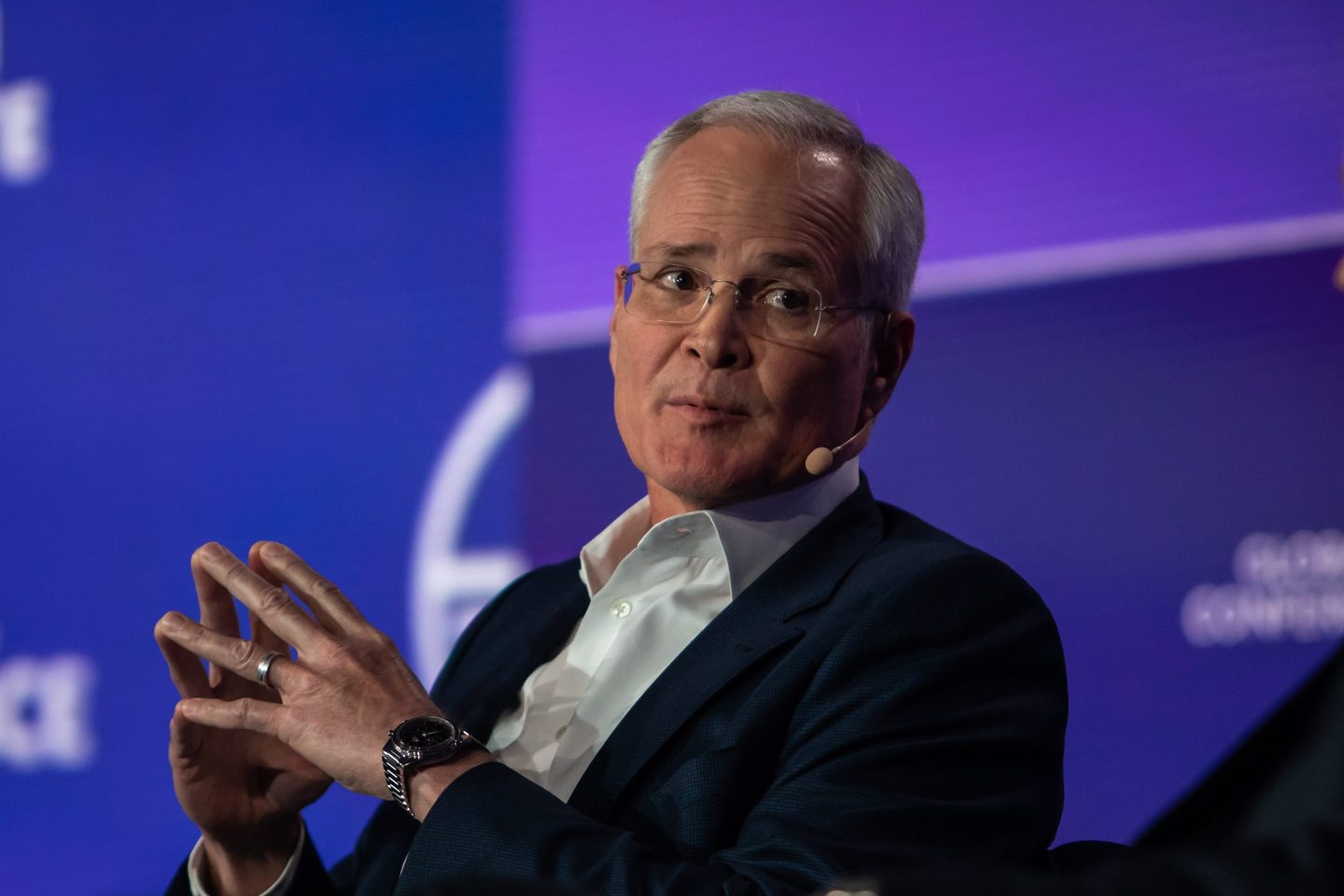LeanIn has a must–read report on the state of Black women in corporate America, a lone Adidas employee goes on strike, professional hockey goes woke, and guess who isn’t running a Fortune Global 500 company?
But first, here’s your Black Women’s Equal Pay Day week in review, in Haiku.
Work, work ‘til August,
just to make the same money!
The EVP of
XYZ don’t know
my name; he always calls me
the other Black girl.
Work, work ‘til August,
just to make the same money!
I anchor a home,
a village, and big
ideas. In my mind I’m
the CEO. Can
you see me work,
work my way there? Or are you
standing in my way?
Take a well-earned break this weekend.
Ellen McGirt
@ellmcgirt
Ellen.McGirt@fortune.com
In Brief
The news was so bad, Sheryl Sandberg delivered it personally.
“We just found that 54 percent of black women have been laid off, furloughed or had their hours or pay reduced compared to 27 percent of white men.” It was April, the early days of the quarantine and before the George Floyd reckoning. Still, the data Sandberg’s LeanIn collects along with McKinsey were setting off alarm bells. “It is an underlying condition of this [coronavirus triggered] economic crisis to be a woman and especially a woman of color,” she told raceAhead.
The LeanIn team decided to begin surveying women in the workplace weekly to better understand how the situation was unfolding, and add to the conversation happening around the health disparities in the Black community. “We need to be talking about the economic inequality around race and gender,” she said. “We can't wait even three months to do that survey again.”
LeanIn has just published a new report called The State of Black Women in Corporate America, the result of the promise kept to zero in on this uniquely vulnerable cohort—who are so often the family breadwinners, so rarely the CEOs, or the ones picked for the high potential pools, venture capital investment or even basic advancements at work. They’re exhausted and demoralized.
The findings are sobering and shouldn’t surprise anyone who is paying attention.
Black women experience a wider array of microaggressions. Face more overt discrimination. Many have never met a senior leader or have been supported in their career goals. They’re less likely to be promoted into, and then beyond, their first leadership job, and are largely absent from the highest ranks of leadership. All of this comes in stark contrast to the kinds of political and organizing power Black women are wielding with increasing impact.
It’s time the corporate world takes note.
Hey, senior white leader, why not start today? Here’s an easy thing you can do: Meet with a junior Black woman about her work. Make it informal. Ask her opinion on something and listen to it. Find out about her goals. It doesn’t have to become part of a formal networking relationship, but these conversations can benefit both of you. For her, it’s a chance to connect, feel heard, and maybe get some insight into how it all works. And you can learn what it’s really like to be a Black woman at your company. If you’re open, empathetic, and a good listener, she will tell you more than any survey could.
On Point
Guess who isn’t leading any Fortune Global 500 company this year? It’s a depressing milestone for the storied list of the 500 largest companies operating in the global economy. Of the 13 companies run by women—let that statistic wash over you —all are white. Not a single woman of color in a world that includes Africa, Asia, Latin America…you get my point. According to my sisters at Fortune’s Broadsheet, this is the first time in six years that the number is zero. Of course, on the domestic 500, the number is similarly demoralizing; there are no Black women running Fortune 500 businesses, and only three women of color.
Fortune
Black people die sooner than white people in America This story and graphic is a brutal necessary read. There has always been an alarming race-based gap in mortality rates adjusted for age in the U.S. And, due to COVID, there will likely be the biggest uptick in white mortality rates since World War II. But data suggests that even if Black people had been unaffected by the coronavirus for some magical reason, Black deaths could still outpace white ones in 2020. “An epidemic shows in a short period of time what’s been going on for hundreds of years,” David Ansell, who directs community health equity at Rush University Medical Center in Chicago, tells the New York Times.
New York Times
What happens when one of your Black employees is also your most ardent protester? The Daily podcast has the extraordinary story of Julia Bond, an assistant apparel designer at Adidas who for the last two months has been leading a daily protest in front of her employer’s office. It’s been a painful journey. Bond describes herself as Black girl from Ohio who discovered fashion—and fashion school—mostly by accident. A dream internship at Adidas soon followed, then a full-time job offer. It was a dream, until it wasn’t. She cites microaggressions and overt racist treatment in the workplace, “the culmination and compounding of all these small areas that I find myself being squashed into.” (The Confederate Flag makes an appearance at the 13:00 minute mark.) But it was the company’s post-George Floyd post—an image of the word “racism” crossed out with a red circle—that compelled her to publicly address the mismatch between her company’s words and deeds. A must listen.
The Daily
Hockey so woke The NHL joins other professional leagues in incorporating anti-racist practices and statements into their public lives, part of an overarching strategy to appeal to a younger and more inclusive audience. There’s a new initiative called the Hockey Diversity Alliance created by players to address racism in hockey. Players have demonstrated during the anthem, and #WeSkateForBLACKLIVES” has appeared on jumbo screens over the ice. The sport needs time in the penalty box after high-profile incidents of racist behavior from fans, players, and coaches alike. Akim Aliu, a former player who has gone public with his story of discrimination—which includes an NHL staffer who work blackface to mock him—is one of the players who created the new Alliance. The work continues: The NHL remains the only major North American sports league not to agree to be audited by the Institute for Diversity and Ethics in Sport. #JustDoIt
New York Times
On background
The women who made Kamala possible Melanye Price, an author and professor of political science at Prairie View A&M University in Texas, does not mince words. Kamala Harris not only stands on the shoulders of political giants like Barbara Jordan and Shirley Chisholm, she is the direct beneficiary of one of the most determined—and increasingly organized—political cohorts in U.S. history. “Ms. Harris is the embodiment of the growing political power of Black women to make demands within the Democratic Party—and the political sophistication to ensure that those demands are met,” Price writes in this opinion piece.
New York Times
Spend a little time with Dolly Parton She’s an enduring legend, a savvy brand, an effective philanthropist, and a dedicated employer operating in an otherwise overlooked part of rural America. And yet, as this wonderful profile makes clear, Dolly Parton is someone we can all agree on. Jad Abumrad was the host of WNYC Studios’ nine-part 2019 podcast Dolly Parton’s America, and had one of the best quotes in the piece. “We talked to these fervent Dolly fans, from Appalachian queer kids to Brooklyn hipsters to [conservative] people in the South. Everyone sees her as theirs." And then this: “I say this with humility and as someone who is not a believer: There’s something very Christ-like about her.”
Billboard
Spend a little time with the Oluos Ijeoma Oluo is one of my favorite writers, so I was embarrassed to only now learn that she is also one of the characters in a memoir written by her brother Ahamefule, versions of which have appeared in an off-Broadway show and in a This American Life podcast episode. Thin Skin is now an independent film which premiered this week at the Bentonville Film Festival, and the two Oluos play themselves. (I am shook by this news.) The story centers on the siblings, who grew up in Seattle with their mother after their Nigerian father left them. It looks amazing. Ahamefule, an accomplished jazz musician, provides the soundtrack to the dramatized tale. “Ahamefule is as good an actor as he is a musician, and his sister is brilliant as well,” says one reviewer, sounding a bit surprised. The trailer is here, more on the film below.
FilmThreat
This edition of raceAhead is edited by Karen Yuan.
Today's mood board
Please pay this woman what she's worth.












